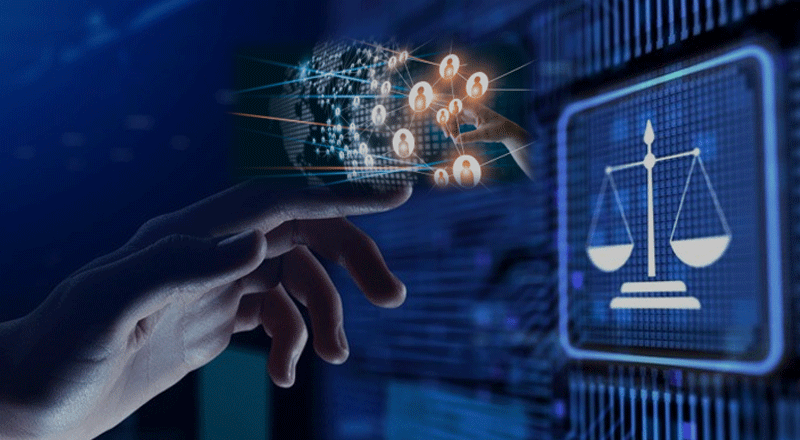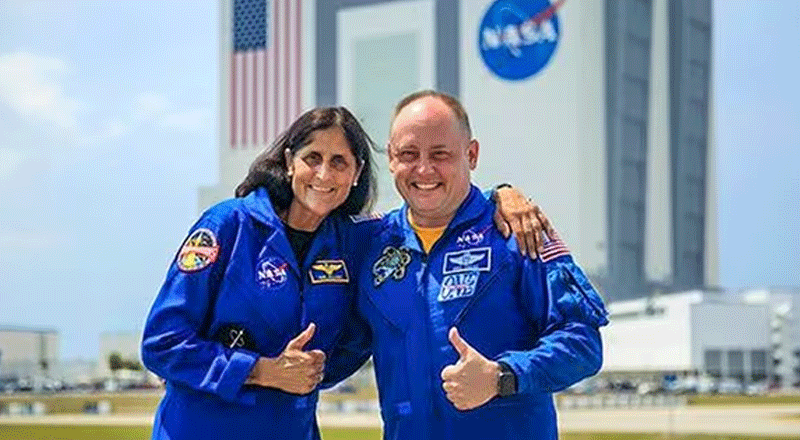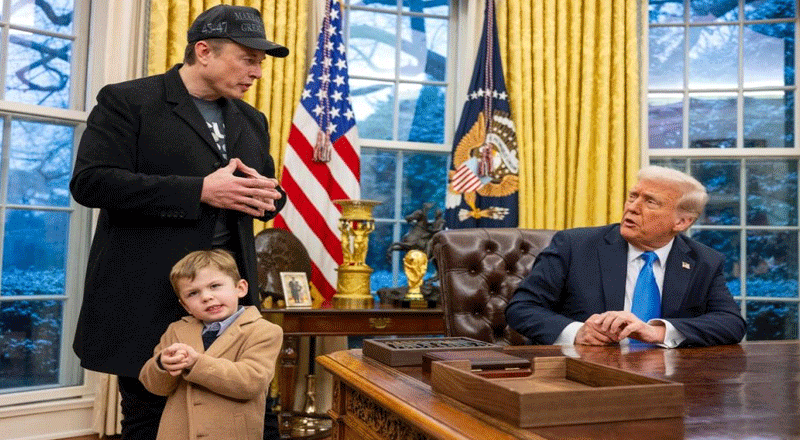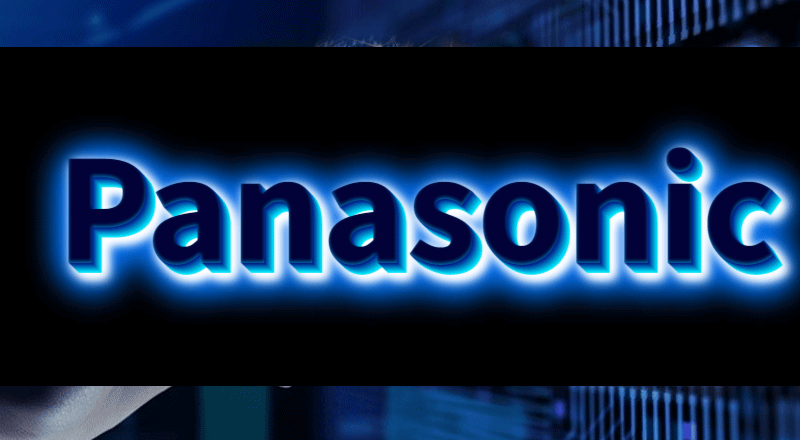The Clash Between Indian Publishers and OpenAI
A major dispute has erupted between Indian media organizations and OpenAI, the developer of ChatGPT, over allegations of copyright infringement. Indian publishers accuse OpenAI of using their content without permission to train its AI models, a claim the AI firm has strongly denied in a recent court filing.
The legal battle, which began with a lawsuit filed by news agency ANI, has now drawn support from major media houses like NDTV, The Indian Express, The Hindustan Times, and the Digital News Publishers Association (DNPA).These organizations argue that OpenAI is profiting from their journalism without offering compensation. Meanwhile, OpenAI maintains that it does not “steal” content and relies primarily on publicly available data.
As AI continues to reshape the digital landscape, this case raises critical questions about copyright laws, content ownership, and fair use in the age of artificial intelligence.
OpenAI’s Defense: No Copyright Violation
In a 31-page court filing dated February 11, OpenAI firmly rejected claims that it unlawfully scrapes or reproduces content from Indian publishers. The company stated that:
- It does not need to form licensing agreements with Indian media groups as it primarily relies on publicly accessible data.
- Its AI models operate within the framework of fair use, backed by legal precedents.
- Many of its global media partnerships involve displaying content rather than using it for AI training.
Additionally, OpenAI is attempting to prevent major Indian publishers, including those linked to industrialists Gautam Adani and Mukesh Ambani, from joining the lawsuit.
A Global Battle Over AI and Copyright
This legal dispute is part of a much larger global fight between AI firms and content creators. Publishers, musicians, and authors worldwide have raised concerns about AI companies using their work without proper authorization. While some international media houses have struck licensing deals with OpenAI, Indian publishers claim they have not received similar offers.
Their argument is straightforward: AI companies monetize content that human journalists produce, yet media organizations receive no financial benefit. As a result, they demand stricter legal protections and compensation for their work.
OpenAI, however, maintains that Indian copyright laws permit its methods and that training AI on publicly available content does not constitute infringement.
The Road Ahead: Will OpenAI Be Forced to Make Deals?
This legal battle comes shortly after OpenAI CEO Sam Altman’s visit to India, where he discussed the country’s AI expansion plans with government officials. While it’s unclear whether the copyright lawsuit was part of those talks, the case could have significant implications for OpenAI’s future in India.
If Indian courts side with media organizations, OpenAI may have to strike licensing agreements with Indian publishers, similar to deals it has made with some global media houses. Alternatively, a legal victory for OpenAI could set a precedent allowing AI companies to continue training models on publicly available content without compensation.
For now, the dispute remains unresolved, highlighting the growing tensions between AI innovation and traditional media in an era where content ownership is becoming increasingly complex.
(With inputs from agencies)





